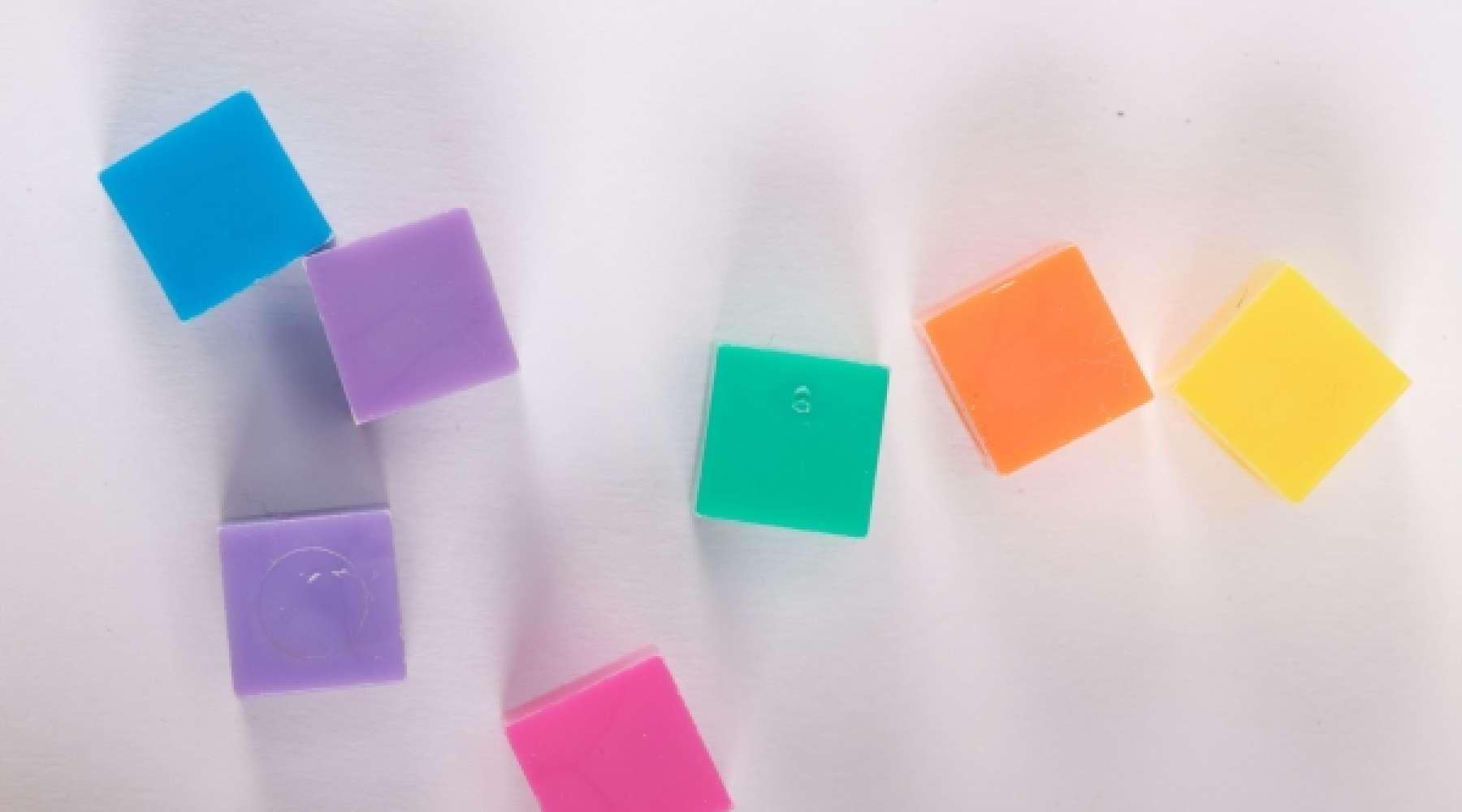
By Nicole Daniele T’16
 Nicole grew up in Edison, New Jersey and graduated from the University of Pennsylvania with degrees in international relations and Italian. Prior to Tuck, she worked in wealth management in Philadelphia and New York.
Nicole grew up in Edison, New Jersey and graduated from the University of Pennsylvania with degrees in international relations and Italian. Prior to Tuck, she worked in wealth management in Philadelphia and New York.
What brings together a former MLS soccer player, a Canadian consultant, an Italian amateur pilot, a Thai entrepreneur, and an American financier? (If you guessed “fall study group”—you wouldn’t be totally wrong—but more on that later.)
Tuck’s First-Year Project (FYP), in its 14-year existence, gives first-year students the opportunity to apply many of the lessons learned in the core curriculum to a real world business challenge in advance of summer internships. FYP clients range from Fortune 500 companies; to local Upper Valley businesses seeking Tuckies to help answer business questions; to student startups with a novel idea that are creating business plans and assessing the market for their product.
Projects are placed on specific tracks based on business type—either “consulting” for more traditional and established businesses or “entrepreneurship” for some of the earlier stage ventures. Student teams are guided throughout the FYP experience by a Tuck faculty advisor who ensures the team is adhering to an agreed-upon project plan. Like study groups, FYP student teams incorporate a diverse mixture of skill sets, professional experiences, and cultural backgrounds. Unlike study groups, FYP teams are self-assembled (although I have united with a former fall study groupie on my team. All of that storming was not for naught!)
Our FYP client, Merum Wine, is a startup run by Jack O’Toole, T’14, and Joe BelBruno, a Dartmouth chemistry professor. Jack and Joe have developed a novel polymer that removes certain undesirable elements from commonly-produced wines. Our task was to evaluate the market for their product. Because it is such an early-stage venture, we are one of the projects uniquely situated between the “consulting” and “entrepreneurship” tracks.
For a group of novice oenophiles (three of us are Tuck Wine Society co-chairs, so we are a Cabernet Cabal of sorts), gaining a better understanding of wine production and learning the complexities of the U.S. and international wine markets is a dream project. Through the beauty of the Tuck network, we had the opportunity to chat with numerous niche wineries based in Napa, the North Fork, and Italy, and also to speak with larger, mass-scale producers before informing Jack and Joe of our final recommendations.
“Our team became totally engaged in Merum, both due to excitement over the product prospects and a good relationship with the client. We met with Jack and Joe weekly, for updates, feedback and good conversation. We will definitely be in touch with Merum beyond the FYP timeframe,” says our project manager and fellow T’16, Danielle Garver.
Although our group was self-formed, the FYP program’s mandate that teams be diversified in terms of home country and former career experience positioned us well to consider the project’s demands from strategic, marketing, and operational viewpoints. Thanks to many of our core professors, our understanding of key concepts from those Fall A and B classes has strengthened immensely. (Most of them were unsurprisingly willing to help when we mentioned our project strives to improve wines of even the lowest quality.) And our partnership with each other, Jack, Joe, and Joaquin Villarreal T’08, executive director of the Entrepreneurship Initiative at Tuck, could not have been more positive.
As initially predicted, we’ve found strong industry interest in Jack and Joe’s product. Delivering a well thought-out final presentation in the last week (and a celebratory dinner at Worthy Burger, alas, with beer instead of wine!) was the capstone of the experience, even if we sadly were not able to fit in a trip to Napa for ‘in-person primary research.’ The Cabernet Cabal heads off to our respective summer internships—galvanized to continue learning outside the classroom, and with a newfound love of the grape.